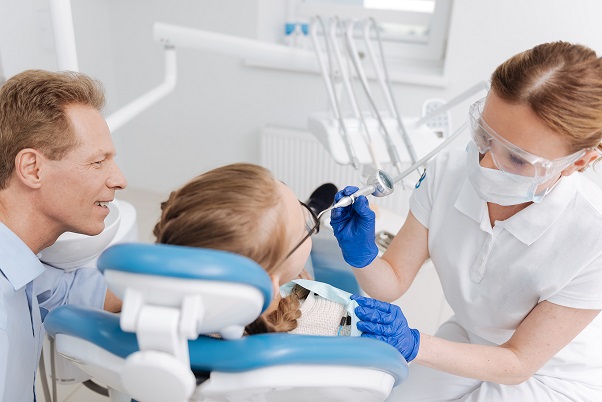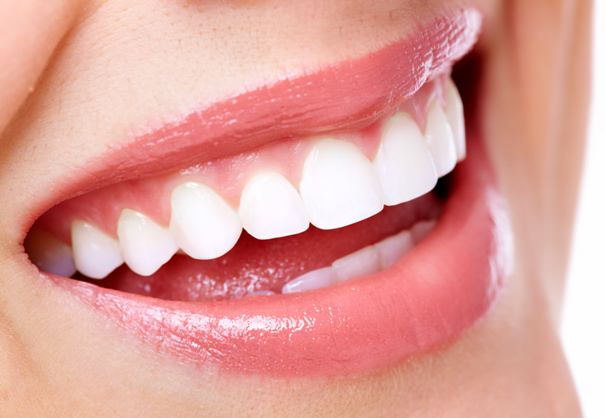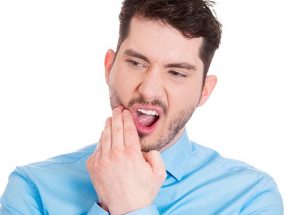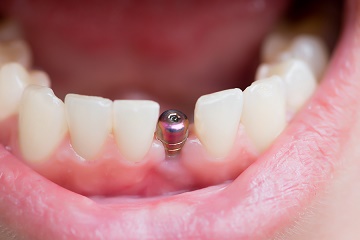Choosing an Implant-Supported Bridge
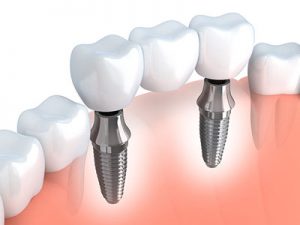
If you are searching for a permanent solution to replace a series of lost teeth, an implant-supported bridge is a great option. This involves using dental implants to support your bridge instead of natural teeth - which makes the bridge much more secure.
What should you ask when you speak with your dentist in order to know the available options?
- What are the benefits of an implant-supported bridge?
- What will the treatment entail?
- How long will the healing process take?
- What regular maintenance will keep the bridge lasting a very long time?
"If you have gum disease or another type of oral health condition, it’ll need to be fully treated."
Check out this additional resource:
https://yourdentalhealthresource.com/who-is-a-candidate-for-an-implant-supported-bridge/

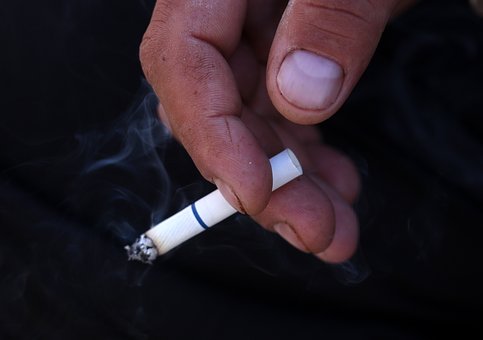
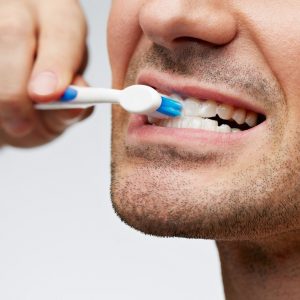
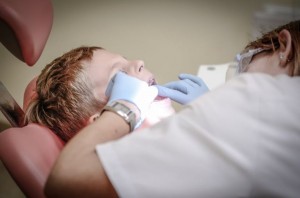 A dentist does not hesitate in recommending orthodontic treatment for children as young as seven to ensure they grow up with the best possible smile.
A dentist does not hesitate in recommending orthodontic treatment for children as young as seven to ensure they grow up with the best possible smile. 